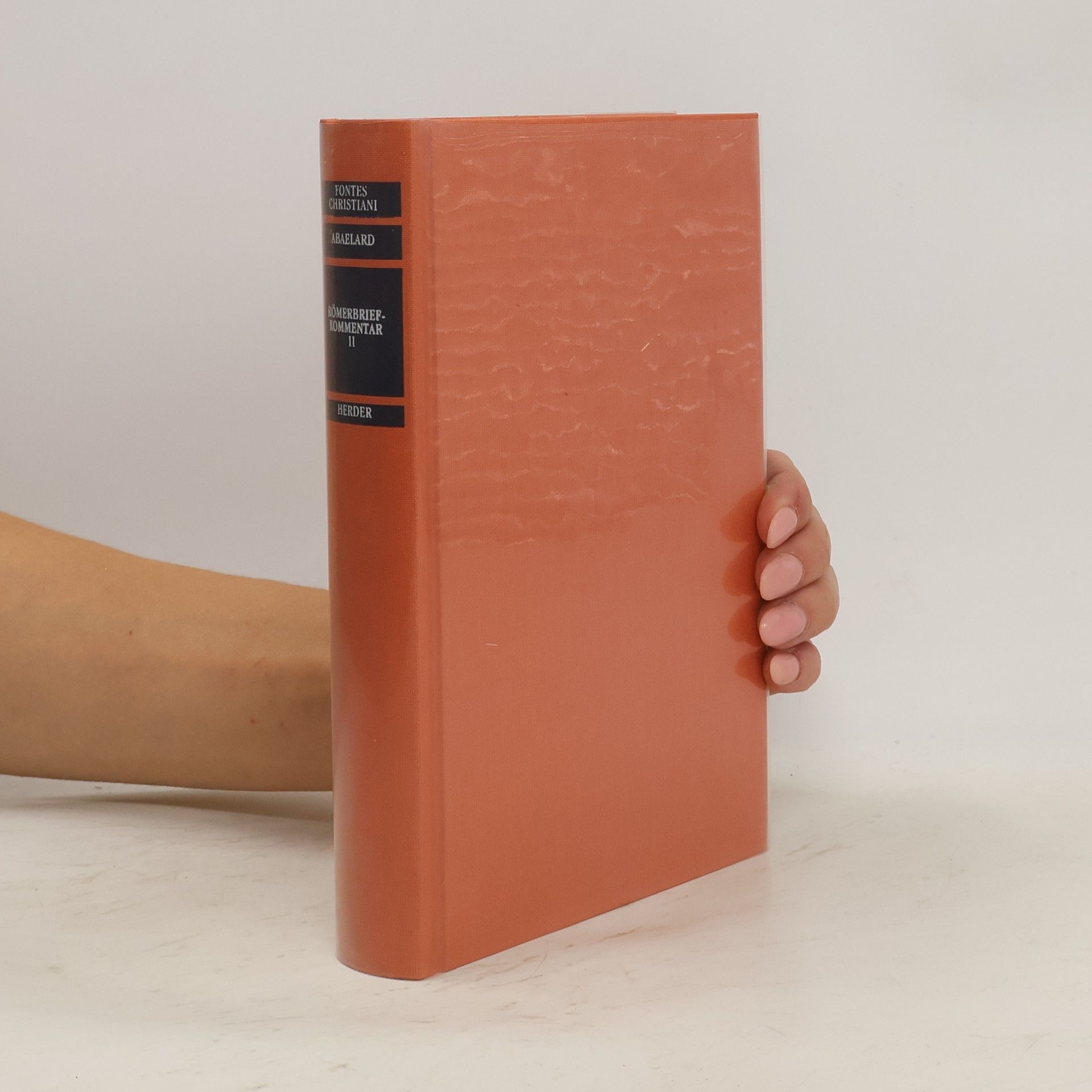Historia Calamitatum
- 78 pages
- 3 hours of reading
The memoir offers a candid reflection on Peter Abelard's life, detailing his rise as a pioneering thinker and the personal tragedies that followed, including a scandalous love affair with Héloïse. Abelard's narrative captures the complexities of medieval life, addressing themes of love, faith, and the pursuit of knowledge. His vivid prose and emotional depth provide insights into the human condition, inviting readers to contemplate their own experiences of love and resilience. This work is celebrated for its honesty and enduring relevance in autobiographical literature.











